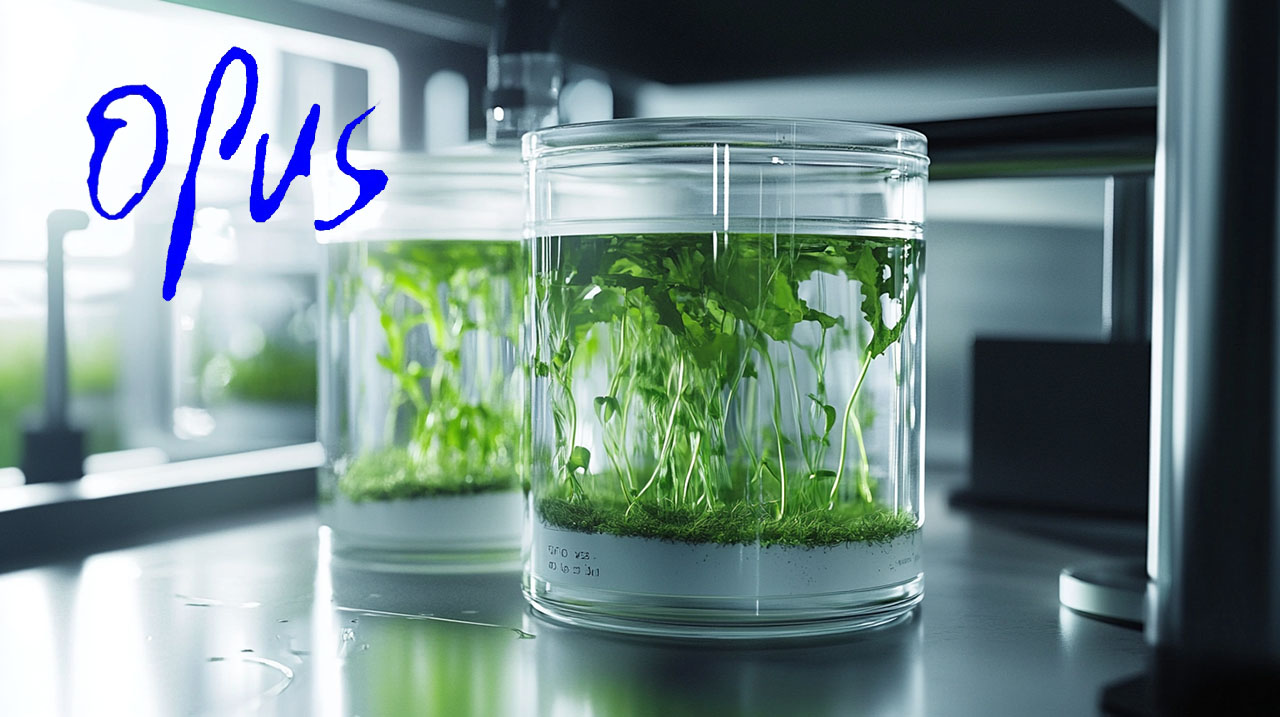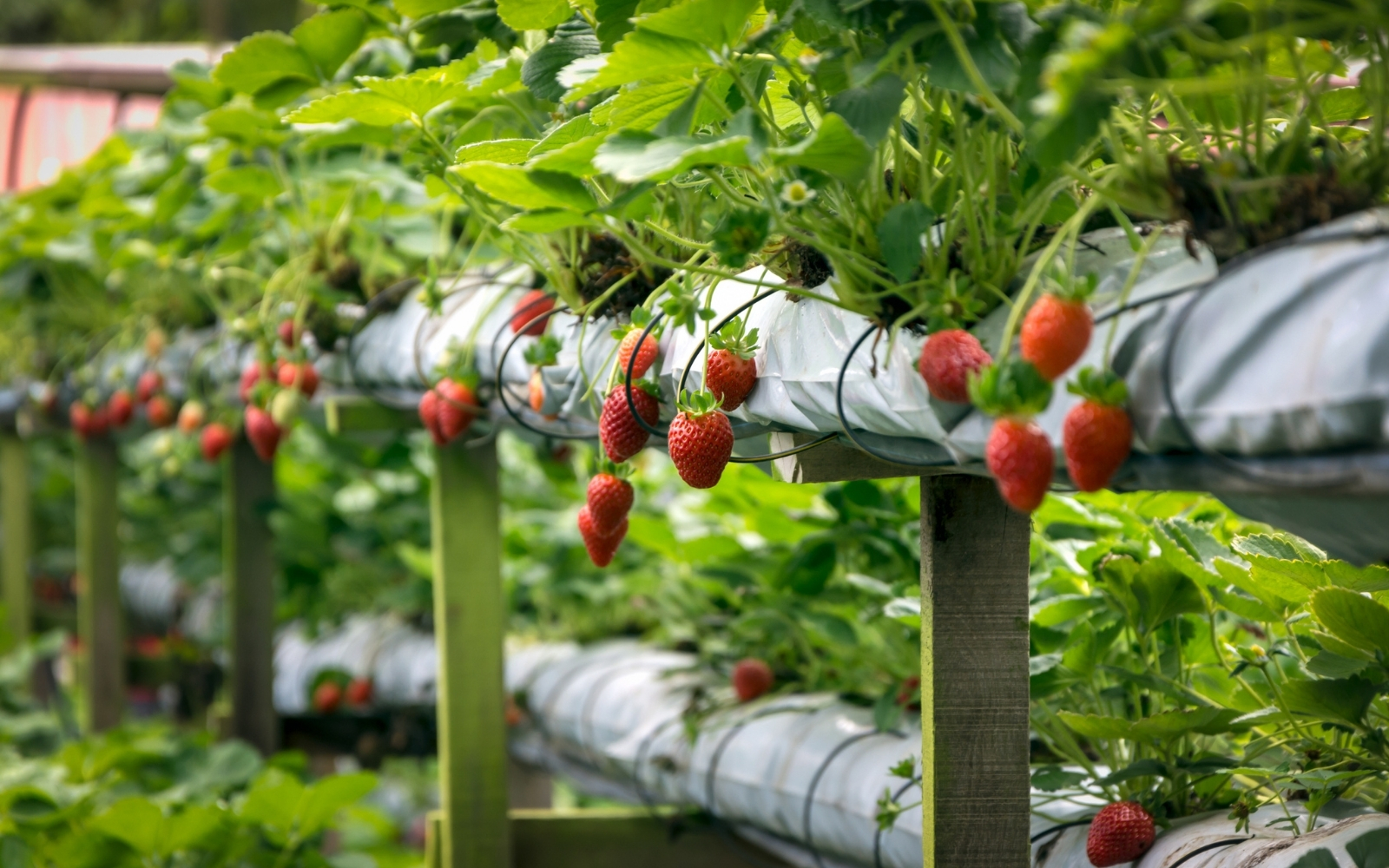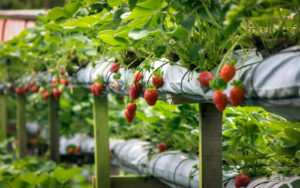The Biotech Revolution in Food Production: Precision Fermentation as a Game Changer % – OPUS International
How Precision Fermentation is Changing the Way We Eat
Biotechnology is quietly revolutionizing the food industry—and one of the most exciting breakthroughs is precision fermentation. It’s not just science fiction anymore. This cutting-edge tech is creating new ways to make food ingredients without depending on traditional farming or raising animals. The result? A more sustainable, scalable, and potentially healthier food system.
Let’s break it down.
What is Precision Fermentation?
Think of precision fermentation like brewing beer—but with a high-tech twist.
Instead of just using yeast to make alcohol, scientists program microorganisms like yeast or bacteria to produce very specific ingredients: things like proteins, enzymes, and even flavor compounds. It’s a bit like giving them a recipe and asking them to cook up exactly what we need—whether it’s animal-free dairy proteins or the key molecule that makes meat taste like meat.
These microorganisms are grown in bioreactors—think giant, sterile vats—where everything from temperature to nutrients is carefully controlled. After fermentation, the ingredients are extracted, purified, and used in food products.
How It’s Being Used in Food Today
Precision fermentation is already showing up in grocery aisles and on restaurant menus. Here’s how:
-
Animal-Free Dairy Proteins
Companies are using precision fermentation to produce whey and casein—the key proteins in milk—without cows. The result? Creamy, delicious dairy alternatives with the same texture and nutrition as the real thing. -
Egg Replacements
Need egg whites for baking? Microbes can now make them too—no chickens required. -
Plant-Based Meat That Tastes Real
Ever heard of heme? It’s what gives meat its “meaty” flavor and color. Thanks to precision fermentation, we can now produce heme without animals, making plant-based meat taste even more like the real deal. -
Functional Ingredients and Supplements
Enzymes, vitamins, and other health-boosting compounds made via fermentation are being added to everything from energy drinks to protein bars. -
Eco-Friendly Packaging
Beyond food, precision fermentation is also helping create biodegradable materials that could eventually replace single-use plastics.
Why It’s a Game Changer for the Planet
Precision fermentation doesn’t just create cool new foods—it also helps solve big environmental problems:
-
Uses Way Less Land and Water
Compared to traditional farming, it needs up to 95% less land and 80% less water to produce the same amount of protein. -
Cuts Greenhouse Gases
It generates up to 70% fewer emissions than raising animals. -
Reduces Agricultural Pollution
No manure, no pesticide runoff—just clean, contained production that protects biodiversity.
What’s Holding It Back?
Of course, no innovation is without its hurdles. Here’s what the industry still needs to work through:
-
It’s Still Expensive
Right now, it costs more to produce precision-fermented ingredients than traditional ones. Experts estimate we’ll need over $250 billion in investment by 2050 to bring prices down and build the necessary infrastructure. -
Regulations Vary by Country
Getting approval to sell biotech-derived food products can be a slow and complex process, especially with different rules in each country. -
Consumer Trust & Understanding
People are understandably cautious about new food tech. That’s why transparency and education are key to earning public trust.
Looking Ahead: What’s Next for Precision Fermentation?
The future looks promising. Analysts predict that the market for fermented novel proteins could reach $100–$150 billion per year by 2050. As technology improves, we’ll see even more creative uses—from flavorings to personalized nutrition to fortified foods.
To get there, collaboration is crucial. Biotech companies, governments, and investors will need to work together to scale up production and lower costs.
Sources
-
EIT Food Blog – “Top 5 Food Trends 2025”
-
GFI Europe – “What is precision fermentation?”
-
McKinsey Insights – “Ingredients for the future”
-
Single Use Support – “Precision Fermentation Explained”
-
ICL Group – “Emerging Foodtech Trends”
-
Mitsui & Co. Report – “Precision Fermentation Industry Collaboration”
-
Bright Green Partners – “Key AgriFood Tech Trends”














Post Comment